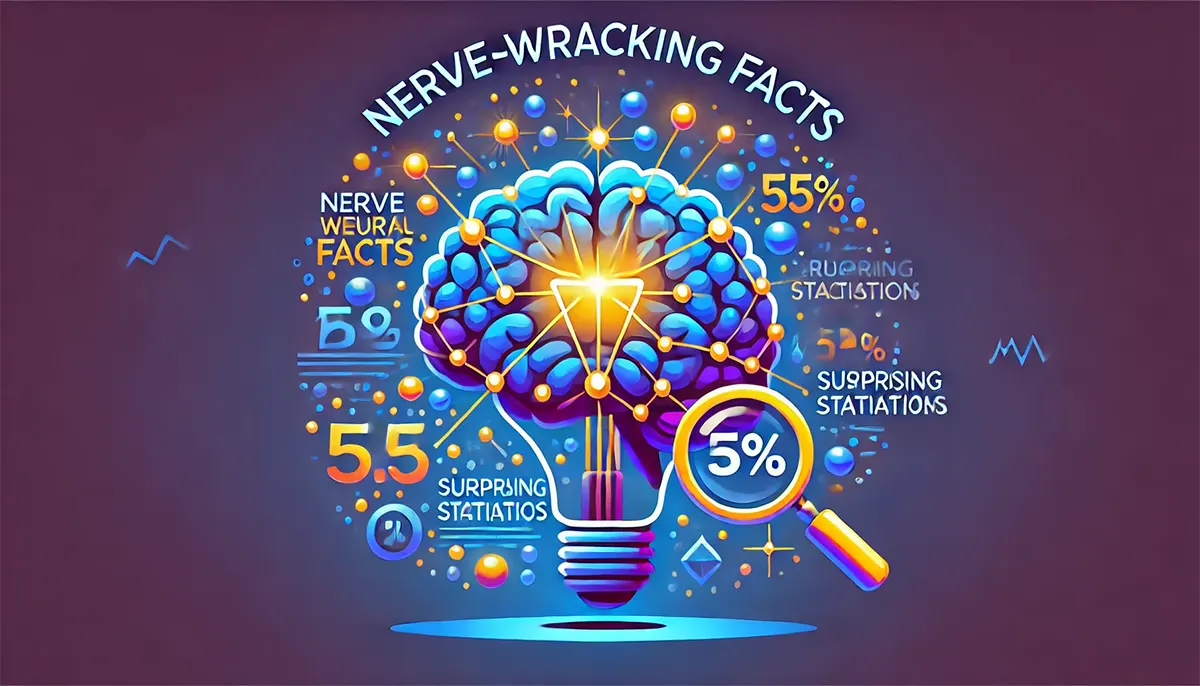Nerve-Wracking Facts: The Mystery of the Quantum Internet
In this month’s edition of Nevtec’s Nerve-Wracking Facts, we explore the fascinating and somewhat unsettling world of quantum internet technology. While the concept of a quantum internet might sound like science fiction, researchers are making significant strides toward making it a reality. This revolutionary technology promises unparalleled security and speed, but it also comes with its own set of challenges and mysteries.
The Quantum Internet: A New Frontier
The quantum internet is an emerging technology that leverages the principles of quantum mechanics to transmit information. Unlike classical internet, which uses bits to represent data as 0s and 1s, the quantum internet uses quantum bits, or qubits. Qubits can exist in multiple states simultaneously, thanks to a phenomenon known as superposition. This allows for the transmission of information at speeds and security levels that are currently unimaginable with classical internet.
Unbreakable Security
One of the most promising aspects of the quantum internet is its potential for unbreakable security. Quantum key distribution (QKD) is a method that uses the principles of quantum mechanics to securely exchange encryption keys. Any attempt to eavesdrop on the key exchange would disturb the quantum state of the qubits, alerting the communicating parties to the presence of an intruder. This makes QKD theoretically immune to all forms of hacking, providing a level of security that is unattainable with classical encryption methods.
The Challenges Ahead
Despite its potential, the development of a quantum internet faces significant challenges. One of the primary obstacles is the issue of quantum decoherence. Qubits are extremely sensitive to their environment, and any interaction with external factors can cause them to lose their quantum state, a process known as decoherence. This makes it difficult to maintain the integrity of quantum information over long distances.
Another challenge is the need for quantum repeaters. In classical internet, repeaters are used to amplify signals over long distances. However, quantum signals cannot be amplified in the same way. Instead, quantum repeaters, which are still in the experimental stage, are needed to extend the range of quantum communication.
The Future of Quantum Internet
Researchers around the world are working tirelessly to overcome these challenges. In recent years, there have been significant breakthroughs, such as the successful transmission of quantum information over hundreds of kilometers using fiber optics and satellite links. These advancements bring us closer to the realization of a global quantum internet.
The potential applications of a quantum internet are vast. It could revolutionize fields such as secure communications, financial transactions, and even quantum computing. However, the full implications of this technology are still unknown, and its development will undoubtedly raise new questions and challenges.
A New Frontier
The quantum internet represents a new frontier in technology, offering unprecedented security and speed. While there are significant challenges to overcome, the progress made so far is promising. As researchers continue to unlock the mysteries of quantum mechanics, the dream of a quantum internet moves closer to reality. Stay tuned for more updates on this exciting and nerve-wracking journey into the future of technology.









